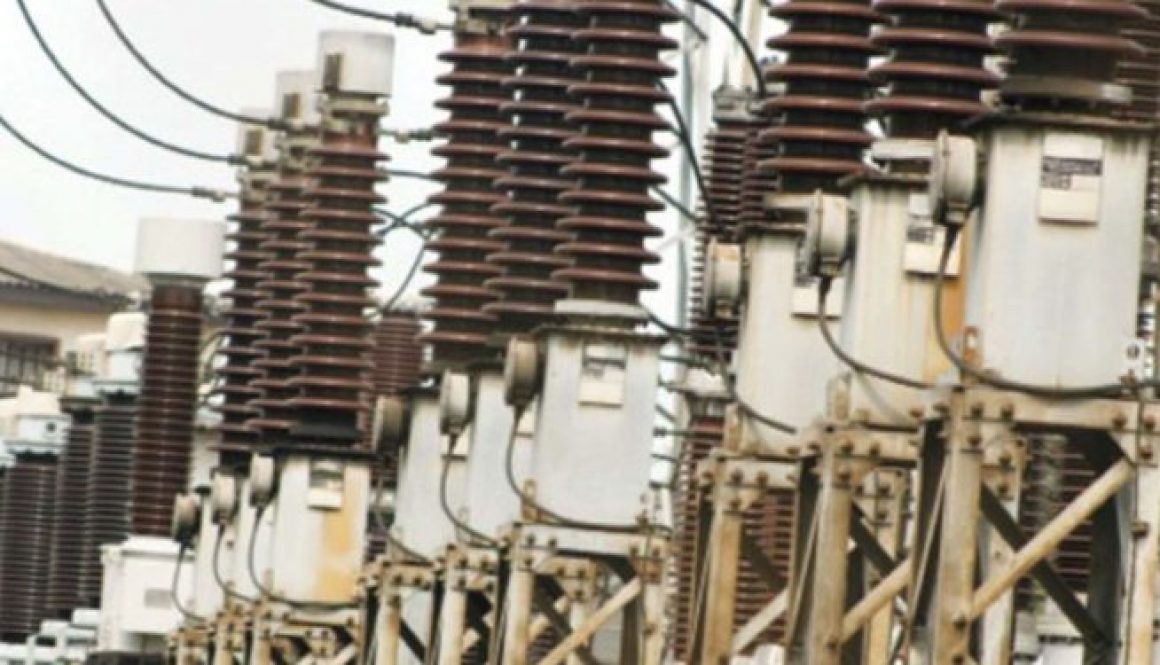Nigeria’s electricity generation peaked in Q2 2020
Anthony Areh
The Nigerian Electricity Regulatory Commission (NERC) says a total of 8.734 million Megawatts-hour (MWh) of electricity was generated in the second quarter of 2020.
NERC made this known in its Second Quarter Report 2020 on its website.
The regulatory agency said the total electricity generated during the second quarter of 2020 was 1.40 per cent higher than the energy generated during the preceding quarter.
The commission said : Within the same quarter, the industry recorded a peak
daily generation of 5,316MW.
” The available plant generation units increased to 73 from the daily average of 66 units recorded in the preceding quarter.
“Although the increase in the available generation units in the second quarter of 2020 led to 1.40 per cent increase in the total electric energy generated, the capacity utilisation rate fell by 8.16 percentage points during the said period.”
According to the agency, this reduction is attributable to constraints relating to gas supply shortage, and transmission and distribution networks bottlenecks.
NERC said the constraints had continued to pose major technical and operational challenges to the industry.
It also disclosed that there were two incidents of total system collapse (total blackout nationwide) during the period under review compared to one incident recorded in the preceding quarter.
The commission said the resolution of technical and operational constraints in Nigerian Electricity Supply Industry (NESI) remains one of its the top priorities.
NERC said it would continue to work on addressing the interface bottlenecks between the 11 electricity Distribution Companies (DisCos) and the Transmission Company of Nigeria (TCN).
It said this was aimed at freeing up part of the stranded generation capacity by addressing the technical constraints inhibiting the flow of energy.
NERC said it was also reviewing the Performance Improvement Plans (“PIPs”) filed by DisCos.
It said it had requested additional information and clarification from some DisCos to enhance the quality of the PIPs.
”The PIPs, which were prepared in accordance with the commission’s guidelines, is for the period 2021-2025.


